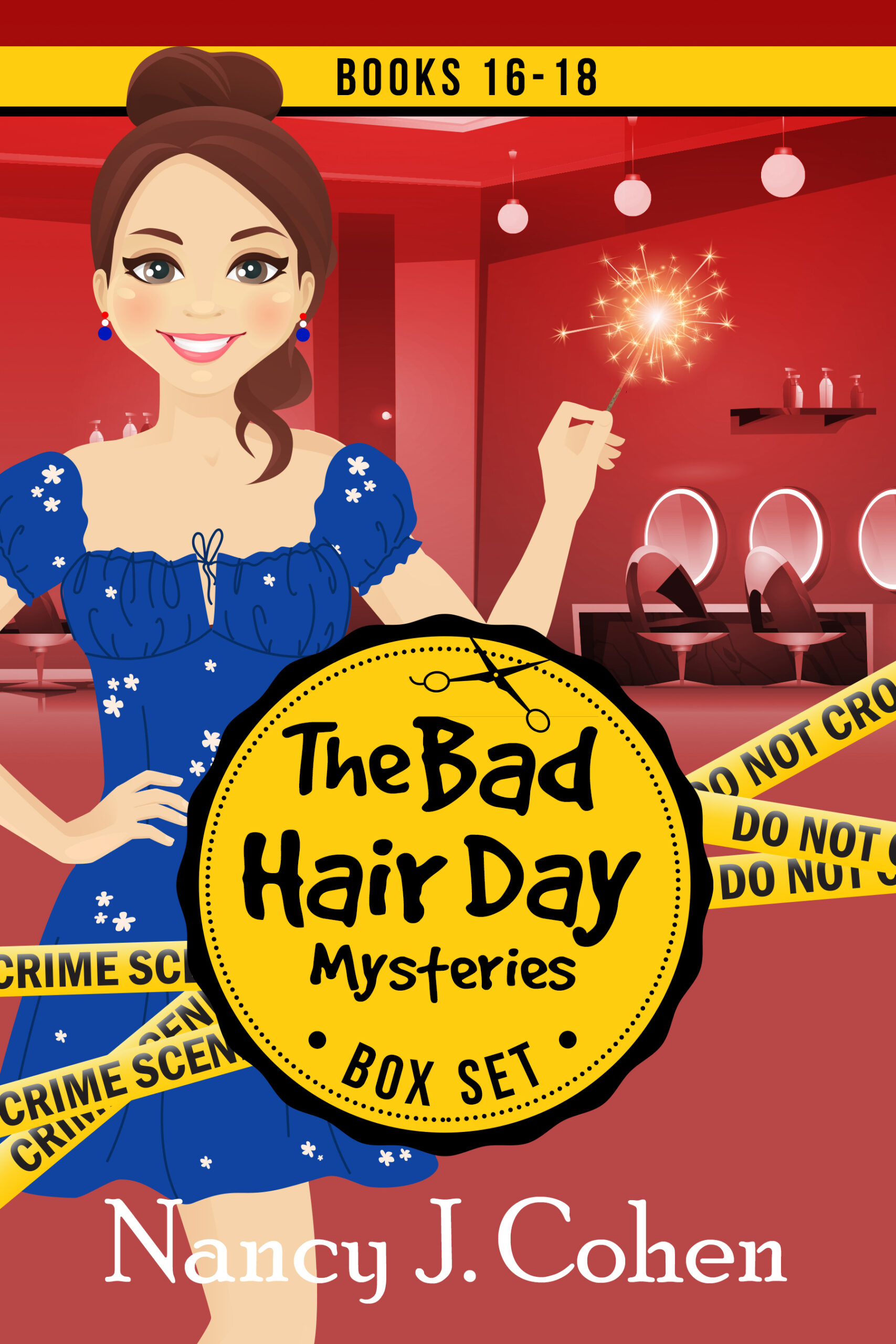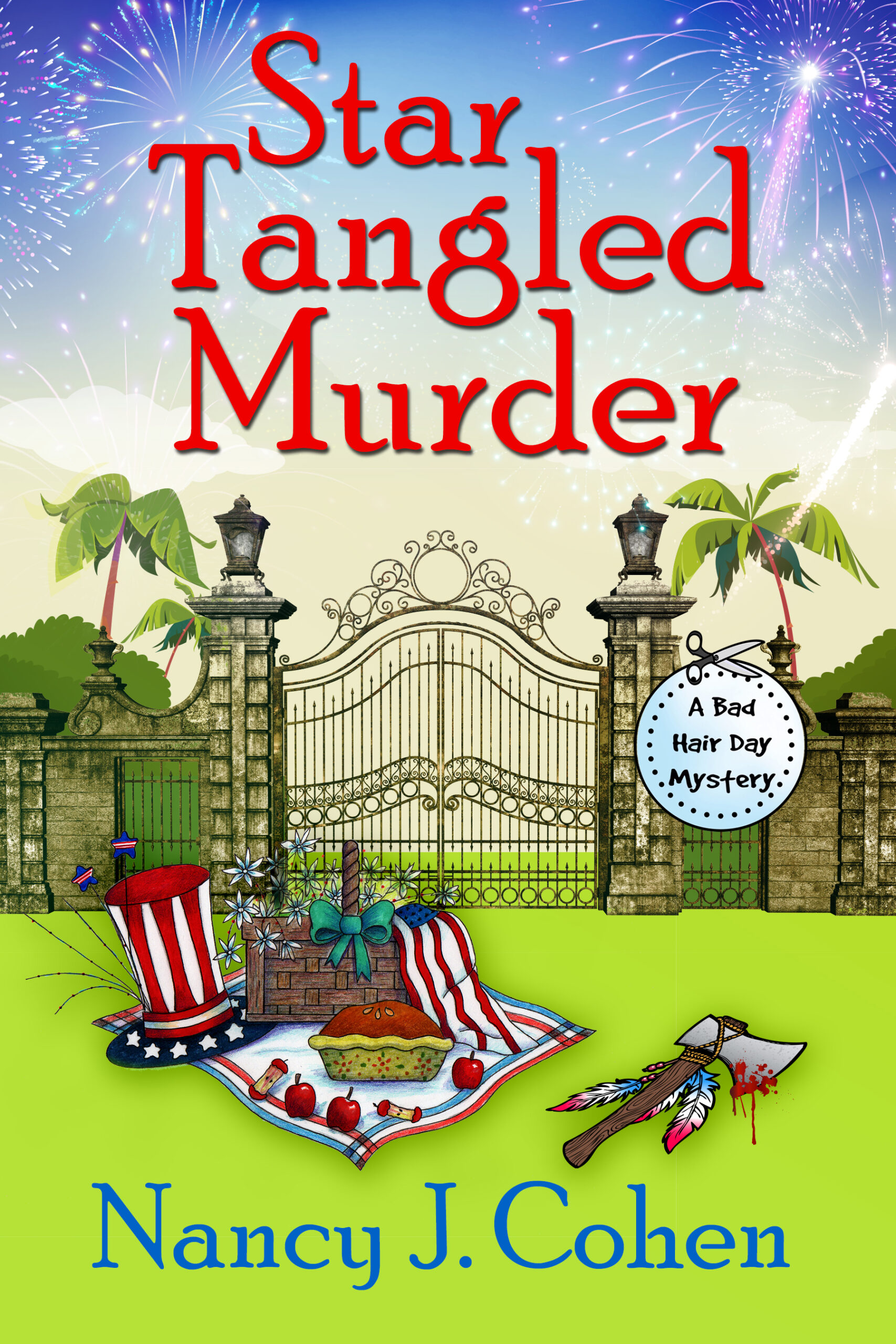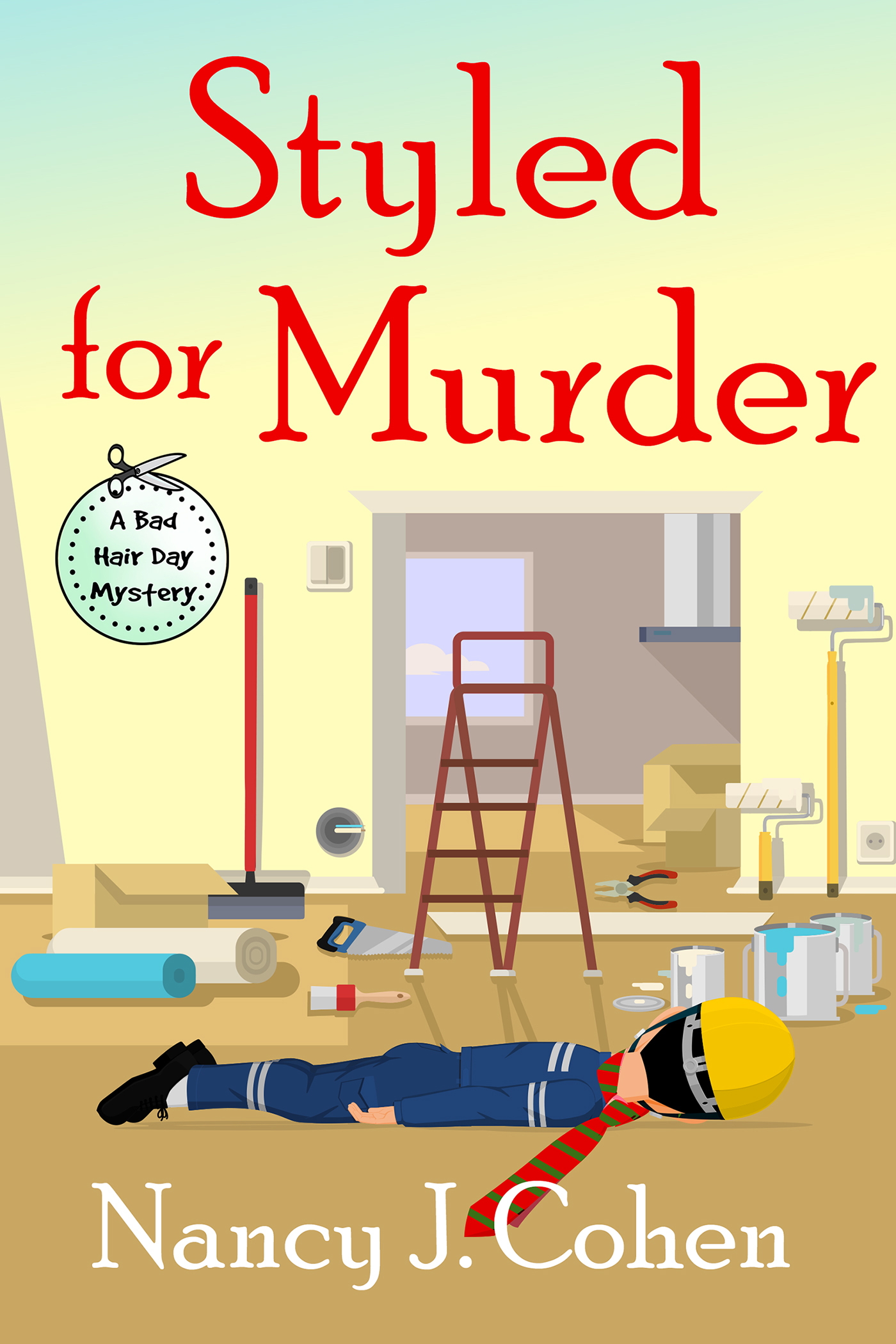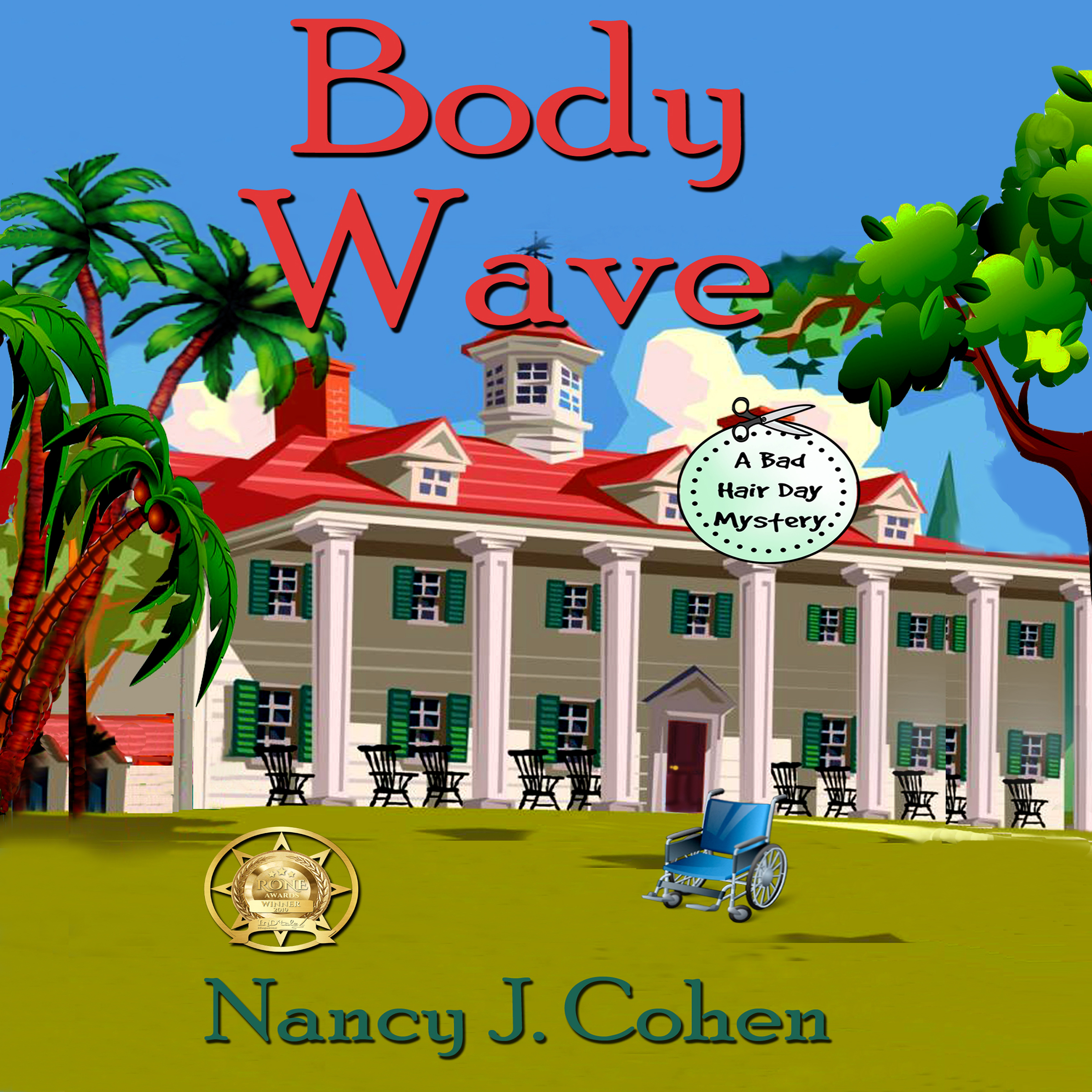The Road to Key West
On our way to Mystery Fest Key West, we took the turnpike extension south toward Homestead. Note the Mutineer Restaurant at the corner of SW 344th Street.
There’s a Starbucks in this vicinity too. From this junction, you head south. A long, boring stretch of swampland and mangroves follows until you leave mainland Florida. Or you can travel the scenic Card Sound Road that leads to upper Key Largo instead. Then it’s about a three hour drive to Key West. Right before the bridge to Key Largo is Gilbert’s Restaurant.
Traffic travels at speeds from thirty-five to fifty-five miles per hour through a series of islands. The scenic wonders will make you glad for the slower pace so you can enjoy the sights along the way. Allow extra time for pit stops and to fill your stomach. It took us five hours total from Fort Lauderdale. State parks abound if you want to stop for a swim or stretch your legs.
Key Largo is the first big island after you leave the mainland. Their inviting Chamber of Commerce Visitor Center just past Shell World is a good place to stop and use the restroom. Here also are a Publix and Winn Dixie, where you can grab a snack or use the facilities. There’s even a Starbucks, a rarity in the Keys. Full service restaurants include Fish House, Snappers, Skipper’s Dockside, Conch House, Island Grill, and Sundowners. We ate at the latter on our way home. Admiring a lovely view of the Gulf, we sipped creamy clam chowder in a bread bowl.



Or you can take the scenic Card Sound Road instead and stop at Alabama Jack’s, if it still exists. Resorts on Key Largo include a Hilton and a Marriot. There’s a Botanical State Park at the north end. Or, if you like snorkeling or diving, check out John Pennecamp Coral Reef State Park with an aquarium, glass-bottom boat tours, museum exhibits, nature trails. On the way home, be sure to stop at the Florida Keys Key Lime Products on the east side of the road past mile marker 97. Good place to pick up some last minute frozen Key Lime pies, lime barbecue sauce, salsa, and other products.
On Tavernier are a Winn Dixie, Dairy Queen, CVS drug store, Dunkin Donuts, Chevron and Shell gas stations.
Islamorada is a popular weekend retreat. Stop by Hooked on Books at 81909 Overseas Highway and browse the bookshelves. Numerous restaurants claim their fame here: Islamorada Fish Company, Marker 88, Island Grill, Hog Heaven, Pierre’s Restaurant, Wahoo’s Bar and Grille, and Shula’s 2. The Postcard Inn, Amara Cay Resort, and the Chesapeake Resort look like nice hotels. From here, it’s two hours more to Key West. There’s a Visitor Center if you need a pit stop. Tourist attractions include Theater of the Sea, a marine mammal park with exhibits, animal shows, beach, grill, gift shop; and a History of Diving Museum with exhibits and gift shop. Look for a Starbucks before Whale Harbor Channel bridge.


Marathon has a Publix and Winn Dixie, Walgreens, IHOP, gas stations and fast food places, the Island Fish Company restaurant, along with another visitor center. There’s Crane Point Museum and Nature Center with historic home, nature trails, tram ride, gift shop; and a Turtle Hospital with 90 min. tour and gift shop. if you’re looking for places to explore. Further along on Grassy Key is a Dolphin Research Center. We made it to Marathon three hours after leaving home but traffic was slow on I-75 due to construction.


Big Pine Key has a gas station if you need it.
We stopped for lunch at Boondocks Grille at Ramrod Key around mile marker 28 on our way south. This restaurant opens for lunch at 11am. They have good clam chowder, sandwiches and salads, and a nicer gift shop than most of the souvenir stores in Key West.
Pigeon Key has a visitor center and a Sunset Grille and Raw Bar.
When you hit Key West, you face Roosevelt Boulevard going in two directions. Heading to the left will take you to a bunch of hotels and Southernmost Point. This latter is Mile Marker 0 on our country’s east coast and is 90 miles from Cuba. The opposite direction will take you past strip shopping centers, fast food restaurants, more hotels, and into downtown.
Duval Street hosts bars, restaurants, and gift shops. During the day, stroll along and soak up the tropical ambiance. Visit Hemingway House, Truman’s Little White House, Mel Fisher Maritime Museum, historical sites, and more. Take a ride on the Conch Train. Charter fishing, glass bottom boat rides, and various other boat tours are available. Or stroll along the Historic Seaport District for a number of waterfront restaurants by the marina. We’ve eaten at Alonso’s Raw Bar and Conch Republic at Harborside, and also Schooner Wharf. Here we saw a cook chopping up fish to feed to the sea life.



At night, check out Mallory Square for street performers and a blazing sunset. Things come alive on Duval Street in the evening, when hordes of visitors ply the cafés and bars where live singers entertain the crowds.



We recommend our favorite restaurant, Louie’s Backyard. This historic site faces the Atlantic Ocean and is a great place to enjoy fine dining. Prices can be expensive, but if you’re on a budget, just order an appetizer or share a meal. At the Upper Deck wine bar on the second level, you can get small bites if you don’t feel like a full meal.

Come to the Keys to decompress. With its slower pace of life, it’ll help you relax. There’s only one negative. It’s hard to leave this island and return to reality.
See my Photos Here. Click on Photos and then Albums.
Sign up for my Newsletter for my latest book news, giveaways, workshops, and events. Free book sampler for new subscribers.
























































